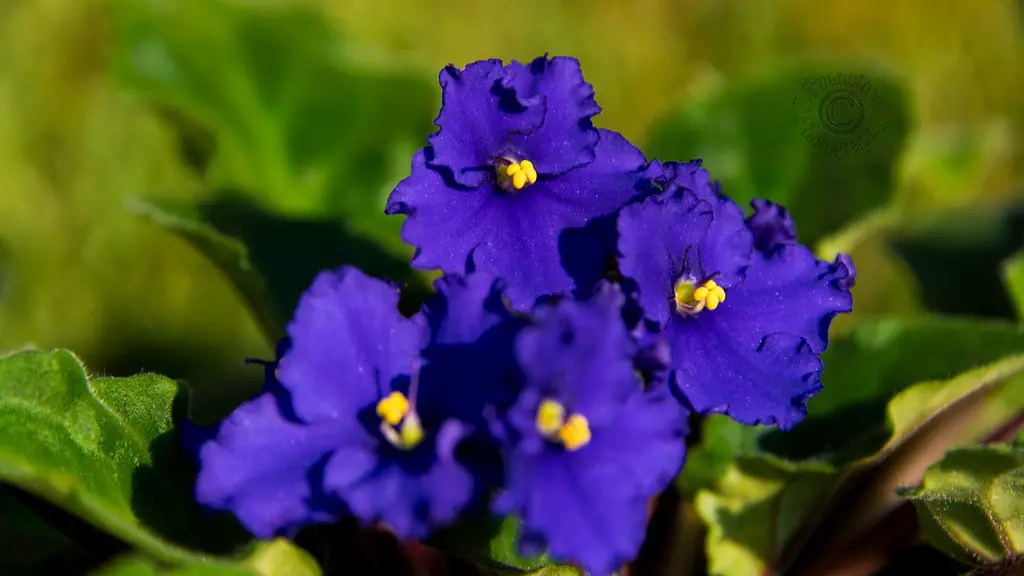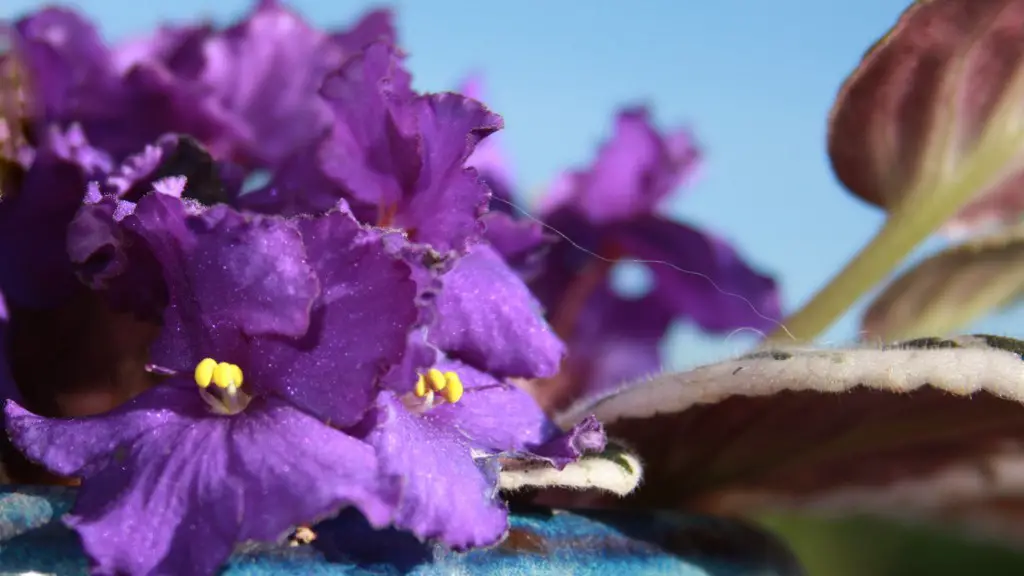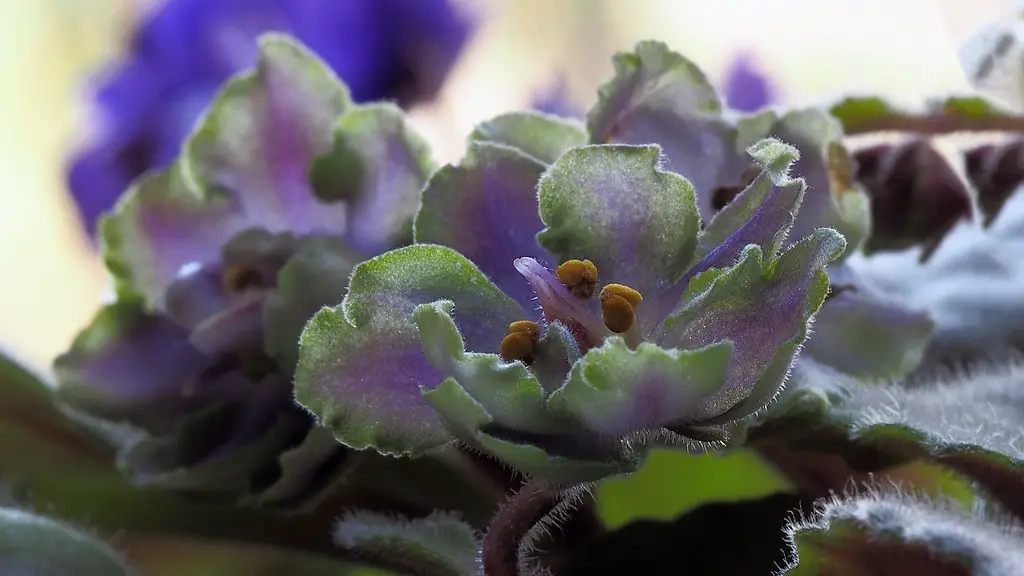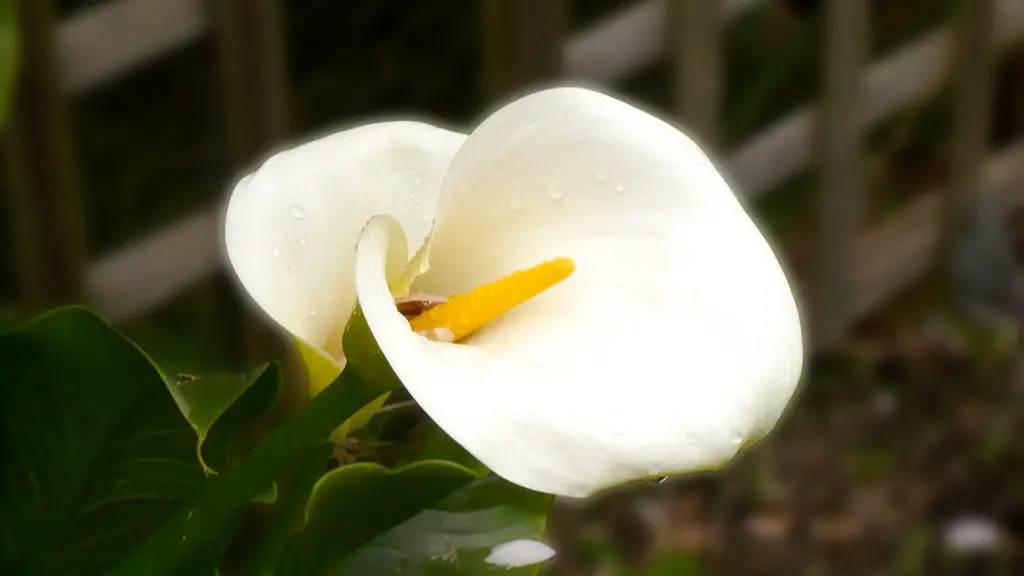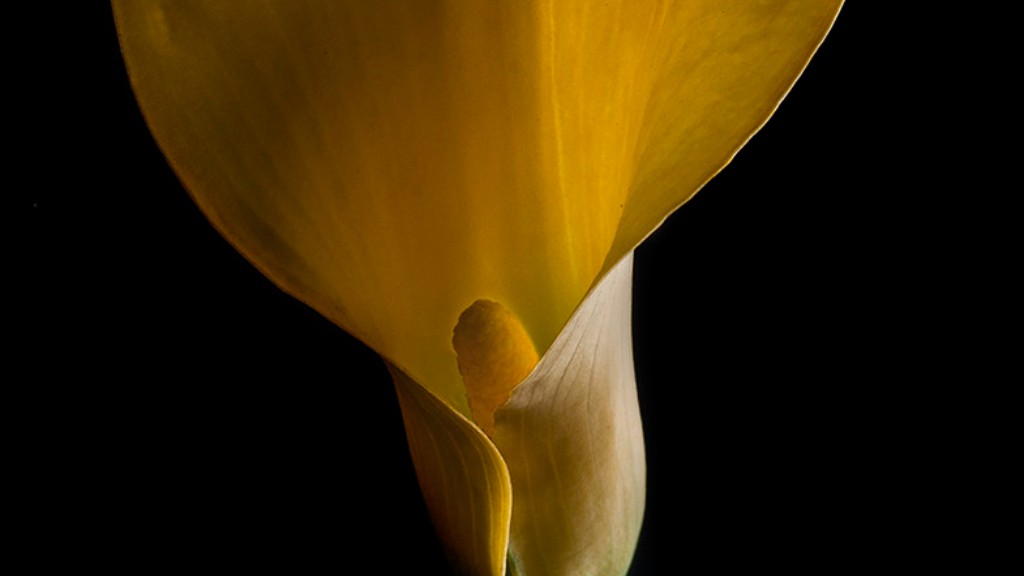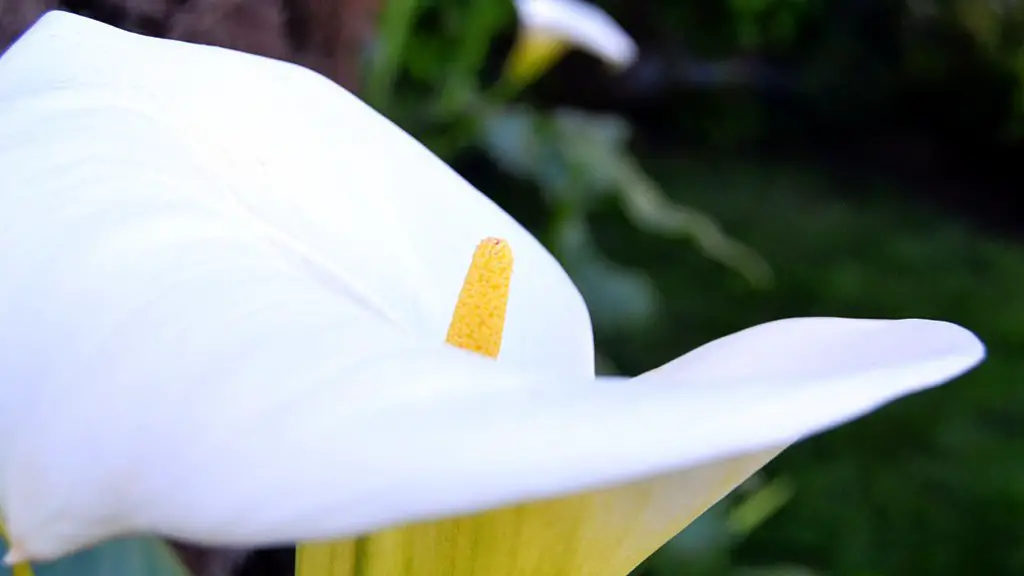African violets are notoriously difficult to get to bloom. They require a very specific set of growing conditions and even then, they may only bloom sporadically. However, with a little bit of know-how, you can encourage your African violets to bloom more regularly. Here are a few tips:
The best way to get your African violets to bloom is to give them plenty of light and water. African violets need at least 12 hours of light each day, so if you are growing them indoors, you will need to provide artificial light. Give them a light watering every week, making sure that the soil is moist but not soggy. Blooming will also be encouraged by fertilizer; use a fertilizer made specifically for African violets.
How do you force an African violet to bloom?
If your African violet is not blooming, it is likely because it is not getting enough light. African violets need indirect sunlight, as direct sunlight can burn the leaves. Choose a north- or east- facing window for best results. Keep plants away from cold glass and rotate the pot once a week so all leaves receive light.
African violets typically bloom every 6 to 8 weeks. With the right growing conditions, they can produce several flowers that last several weeks. If you disbud your old flowers, new ones should bloom within that timeframe.
What time of year do African violets bloom
African violets are beautiful flowers that can bloom nearly year-round. If you are able to provide the correct conditions, expect your African violets to bloom 10-12 months each year. Each bloom lasts for about 2-3 weeks. By taking good care of your African violets, you can enjoy their beauty for many years to come.
A wicking system is a great way to make sure your African violets are never over watered. All you need is a container with a wick in it, and a container with water. The wick will absorb the water and deliver it to the plant roots.
Does Epsom salt help African violets bloom?
Epsom salts are a great way to provide plants with essential magnesium and sulfur. These two minerals are needed to produce beautiful blooms and healthy foliage. To use, mix one and a half teaspoons of Epsom salts in a quart of tepid water and swirl to dissolve. Water your African violets (below the leaves) with this solution once a month.
It is important to water African violets carefully, as they are susceptible to crown rot. Do not mist the foliage, as this can cause permanent leaf spotting. Use room-temperature water, and water the plant at the soil level, being careful not to saturate the crown of the plant.
What causes an African violet not to bloom?
African violets need bright, indirect sunlight to bloom well. Too little sunlight causes them to stretch for the light and produce few or no flowers. Too much sun can burn the leaves. An east-facing window is ideal, especially with a sheer curtain to block the sun’s harshest rays.
African violets need bright, indirect light in order to thrive. A spot near an east or north-facing window is often a good place to put them, as they will be out of direct sunlight. If you don’t have a suitable window, you can place African violets under a fluorescent light fixture with two 40-watt bulbs.
Should you pinch off African violet flowers
If you have success getting your African Violet to bloom, be sure to pinch or deadhead spent blooms. This allows the plant to continue to put energy into creating more buds/blooms and beautiful foliage. African Violets are quite easy to taking of and are very rewarding when they bloom. With a little patience and the proper care, you will have a healthy and blooming African Violet in no time.
Coffee grounds are slightly acidic and contain nitrogen, which helps plants grow healthy foliage. Sprinkling used coffee grounds on top of your African violet potting soil can occasionally be good for the plant.
Is it best to water African violets from the bottom?
Watering: Keep soil moist to dry, and allow soil around roots to dry out before watering to encourage blooming Water from the bottom with room temperature water by placing the plastic grower’s pot in water, and allowing the plant to absorb the water ( not more than 30 minutes ).
If your African Violet plant has been over-watered, the soil will retain too much water. This retention of water will cause the leaves and /or leaf stems to turn soft, limp or mushy.
Is Miracle Gro good for African violets
African violets need a well-drained, slightly acidic soil to thrive. Miracle-Gro® Indoor Potting Mix is formulated to provide indoor plants like African violets with the perfect growing environment. This potting mix will help your African violets grow strong and healthy.
If you’re looking to promote more blooms on your houseplants, reach for Miracle-Gro Blooming Houseplant Food. This formula instantly feeds all blooming houseplants, including African violets. Simply apply directly to the soil or mix with water, and apply once a week.
Are coffee grounds good for violets?
Coffee grounds are a great homemade fertilizer for African violets. To make a mixture of dried coffee grounds and dried egg shells, work the coffee ground mixture into the top of the soil. Replenish every couple of months.
If you’re not sure about the quality of your tap water, it’s best to err on the side of caution and use filtered or distilled water for your African violets. Chlorine, chloramines, and dissolved solids can all adversely affect your plants, so it’s best to avoid them if possible.
Warp Up
To get African violets to bloom, you need to ensure that they are receiving the proper amount of light and water. They also need to be fertilized regularly.
If you want your African violets to bloom, you will need to provide them with the right conditions. They need a bright location with indirect sunlight, and plenty of humidity. Keep the soil moist but not soggy, and fertilize regularly. With a little care, you can enjoy blooms all year round.
